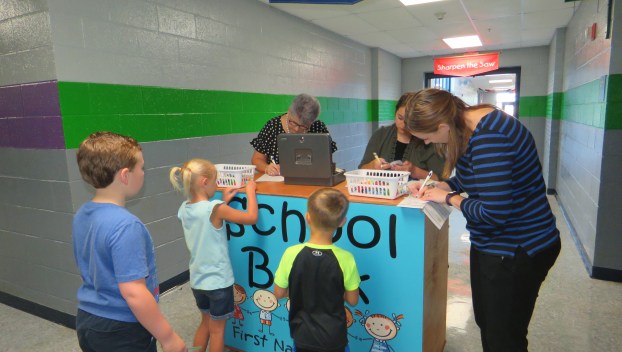
Local News
Bank urges importance of saving to kids
A recent report by nonprofit American Public Education Foundation notes nearly every school system in the country fails ... Read more

A recent report by nonprofit American Public Education Foundation notes nearly every school system in the country fails ... Read more